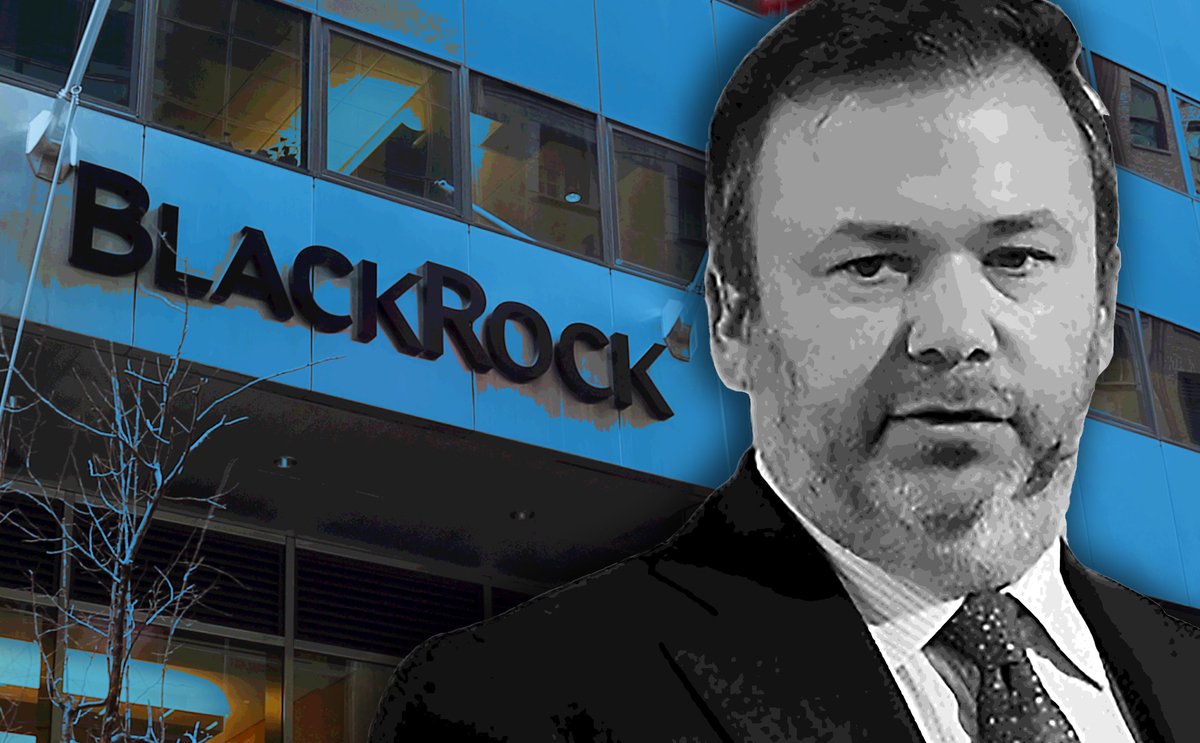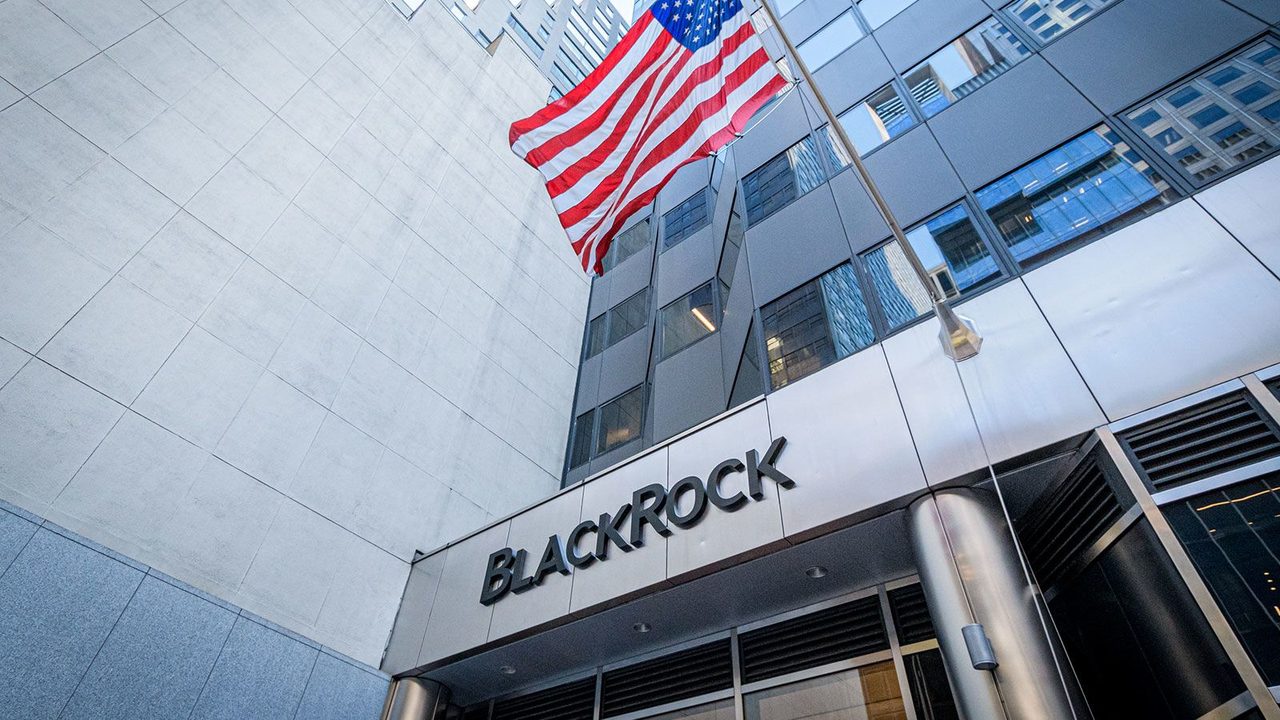
BlackRock Clashes With Hedge-Fund Giant Over Control of Funds
BlackRock Clashes With Hedge-Fund Giant Over Control of Funds
Hedge-fund manager Boaz Weinstein is engaged in a fierce battle with BlackRock over the control of several investment products, potentially causing significant disruption in the mutual-fund world.
Saba Capital Management’s Initiative
Saba Capital Management, Weinstein’s renowned hedge fund with $4.4 billion in assets, has been actively acquiring shares in three of BlackRock’s closed-end funds that currently trade at a discount compared to their underlying assets. The primary goal is to elect external individuals to the funds’ boards and implement changes to bridge this gap. In pursuit of this objective, Saba filed a lawsuit last month against BlackRock and other asset managers concerning shareholder voting rights.

Understanding Closed-End Funds
Closed-end funds represent a type of mutual fund that issues a limited number of shares during its initial offering. Unlike open-end funds, which are more familiar to most investors, closed-end funds do not continuously issue or redeem new shares. As a result, they are not vulnerable to the necessity of selling positions at unfavorable times due to redemptions. However, the lack of liquidity can cause the fund’s shares to trade either above or below the value of the securities it holds.
Saba’s Arbitrage Strategy
Saba adopts an arbitrage strategy with closed-end funds, aiming to purchase shares at a substantial discount and pursuing changes that will bring them closer to their actual value. In the past, Saba has advocated for governance modifications, including converting funds to open-end portfolios or liquidating the underlying assets and distributing the proceeds to shareholders.
BlackRock’s Staunch Defense
BlackRock is mounting a vigorous defense against Saba’s actions. Stephen Minar, managing director of closed-end fund products at BlackRock, asserts that Saba, as a hedge-fund manager, is leveraging its vast size and assets to control closed-end funds for its own benefit at the expense of retail investors.
READ MORE:
- Unprecedented Economic Triumph: A Comprehensive Guide to Analyzing GDP Data
- How Bad Is China’s Economy? Millions of Young People Are Unemployed and Disillusioned
The Current Standoff
Thus far, Saba’s attempts to elect new directors to the BlackRock funds have been unsuccessful, as two of the funds failed to reach the quorum required for new director elections during their annual meetings.
In the lawsuit filed in New York federal court, Weinstein alleges that BlackRock, as the world’s largest asset manager, is entrenching existing trustees and depriving closed-end fund shareholders of their voting rights. The lawsuit targets 16 closed-end funds managed by BlackRock, Franklin Resources, Tortoise Capital Advisors, Adams Funds, and FS Investments. It seeks to invalidate a control-share provision, a law in certain states that enables companies to limit the voting power of a single new shareholder or associated shareholders.
The closed-end funds at the center of the dispute are the ESG Capital Allocation Term Trust, the Innovation and Growth Term Trust, and the California Municipal Income Trust, all of which are currently trading at discounts exceeding 10% of their asset value.

Potential Implications
Should the courts rule in favor of Saba and strike down control-share provisions, asset managers would lose a critical defense against proxy attacks. Kenneth Fang, associate general counsel at the Investment Company Institute, emphasizes that if the cases were decided unfavorably, there would be genuine concerns about the viability of closed-end funds as an investment vehicle in the future. The time required for new closed-end funds to recoup their upfront costs and the risk of losing control to activists would deter new sponsors from launching such funds.
BlackRock’s Defense Strategies
BlackRock, overseeing more than 50 closed-end funds, has adopted several strategies to thwart proxy attacks, including staggered board terms, preventing a complete board overhaul in a single annual meeting. In contested board elections, the challenger must secure votes representing 50% of all shares, making it challenging to meet the requirement, given that less than half of all shares typically cast votes.
Weinstein’s Criticism
Weinstein has been vocal in his criticism of BlackRock’s closed-end fund governance. He highlights that five directors on the funds he targets sit on the boards of at least 70 different funds. R. Glenn Hubbard, the dean emeritus of Columbia Business School, is an example cited by Weinstein, serving on at least 70 BlackRock funds, acting as chairman of the board at MetLife, and teaching at Columbia. Weinstein also points to what he sees as the hypocrisy of BlackRock’s proxy voting guidelines, which consider directors overcommitted if they serve on more than four public company boards.
Saba’s Success and ISS Recommendation
)
Saba has achieved victories in similar lawsuits against asset managers Nuveen and Eaton Vance in recent years. Earlier this month, proxy advisory firm Institutional Shareholder Services (ISS) recommended that investors vote for some of Saba’s shareholder nominees and withhold votes for all incumbent directors at BlackRock’s ESG and innovation funds. ISS specifically recommended the removal of Hubbard from the municipal fund.
The Outlook for Closed-End Funds
Rajeev Das, portfolio manager and principal at Bulldog Investors, an activist fund specializing in closed-end fund arbitrage, believes that the current environment is ideal for their arbitrage strategy. Given the significant number of funds trading at steep discounts, Das sees this as an opportune time to invest in closed-end funds across all asset classes, with activist investors like Saba contributing to potential success.
In conclusion, the clash between BlackRock and Saba Capital Management over control of funds could have far-reaching implications for the world of closed-end funds and the strategies employed by asset managers to defend against proxy attacks. The outcome of this battle will undoubtedly be closely monitored by investors and industry experts alike.
Source: https://www.wsj.com/articles/blackrock-clashes-with-hedge-fund-giant-over-control-of-funds-15c00a2?mod=Searchresults_pos6&page=1








